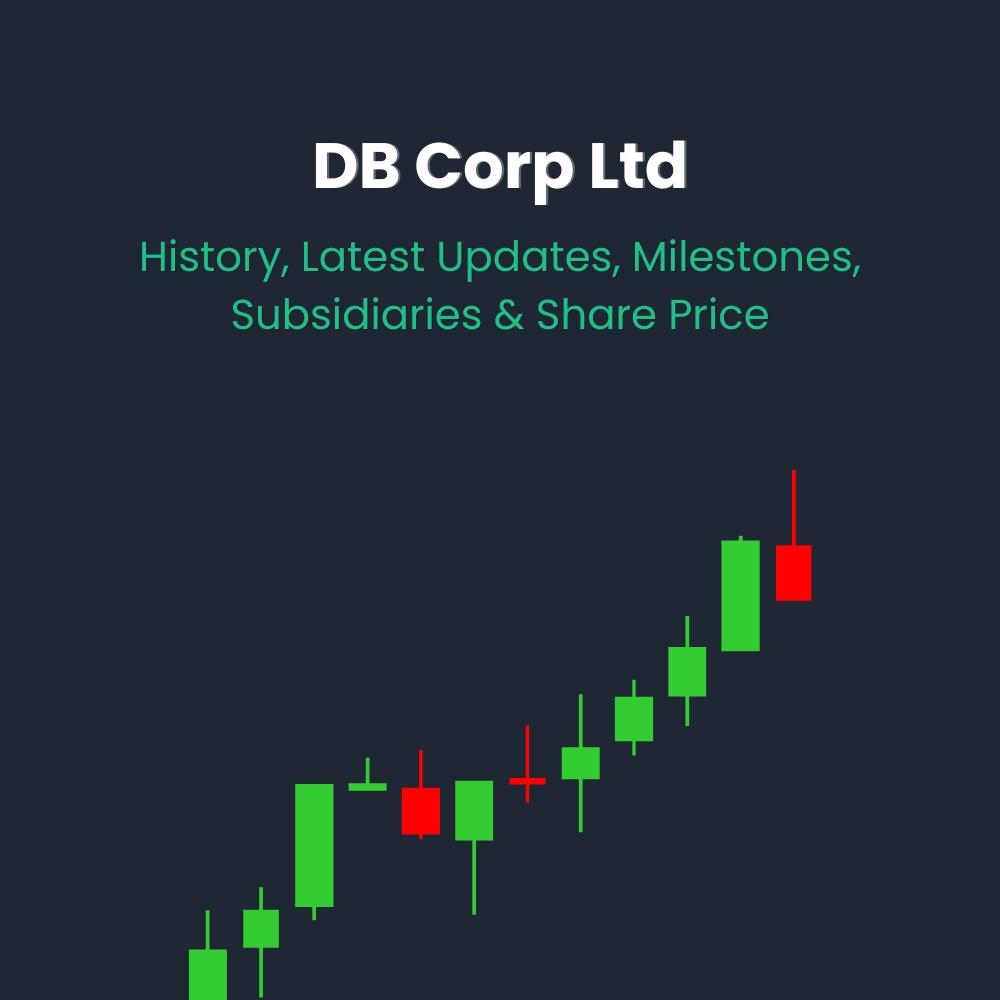What's the Difference Between Exchange Traded Funds Vs Index Funds
Before we get into the difference between exchange-traded funds (ETFs) and Index funds, Let’s have a basic understanding of these two concepts briefly
What are Exchange Traded Funds
Financial Indexes perform the role of capturing a holistic measure of price movements within markets using a basket of securities. Indexes are S&P BSE 500, Nifty 50, and the BSE Sensex. They may measure the performance of financial markets (e.g., Indian Stock market, Bonds, Gold, G-Secs) or a subsegment of these markets such as Bank stocks (BANKEX), Auto Stocks (Nifty Auto), Healthcare (BSE Healthcare) etc. These are called Sectoral Indexes.
Exchange Traded Funds track the above-described Indexes or even Commodities. They are packaged Funds similar to Mutual Funds, which are listed on Exchanges and traded. As the underlying Index rises, so does the return on the ETF for the Investor.
To track the Index, ETF Managers replicate or craft a portfolio composition in their Fund in proportion to the index. Compared to large potential movements of individual stocks, the index moves less based on the combined effect of its constituent shares. This acts as a risk control measure making ETFs less risky and safer.
All ETFs are traded in the Cash segment alone. Intraday trading is brisk in ETFs, as real-time price discovery can be gained. The holder needs to open a Demat account for holding and trading ETF units, as they are treated like shares.
ETFs provide some unique opportunities for retail investors in comparison to active trading in stocks themselves. An example is the case of Gold, which an investor cannot take exposure on via a Mutual Fund product.
The key merits of ETFs are:
-
They are traded all day and not settled on a daily NAV basis like Mutual Funds. This enables arbitrage opportunities, facilitating intraday trading with flexibility and transparency.
-
Being index based, they assist retail investors in portfolio diversification.
-
Overall, the investment cost is much lower in ETFs due to direct transactions with Fund, and lower distribution costs, hence the low Expense Ratio.
-
A close correlation between the underlying index and lower Tracking Error makes it a key component of most Retail portfolios, especially Pension savers.
When ETFs receive Stock dividends, they must be paid out to their investors, in cash or by way of additional share allotment. In reality, Stock dividends paid on Record dates are usually reinvested back by fund houses in India.
What are Index Funds
Index funds are putting together a portfolio which tracks the performance of an index of stocks or bonds. The portfolio is passively managed by replicating the return of the index being tracked.
The key assumption behind Index funds is that investors cannot outwit the market in a well-developed market where equity prices are fair. Hence, investments in Index Funds can yield satisfactory returns at low costs instead of costly, active funds.
Regarding SEBI requirements, Investments by Index Funds must be in accordance with the weightage of scrips in the underlying index. In the case of schemes which track Industry-specific or Sector-specific Index, a certain ceiling has been stipulated. The upper ceiling on investments may be by the weightage of the scrips in the underlying sectoral index or 10% of the NAV of the scheme, whichever is higher.
Index Funds are passive types of Mutual Fund investments, which have their uses due to their simpler handling. Their key merit is that their investors do not need to open a brokerage account, deposit cash margin, or set limit orders. The Investor is secure in tracking the index itself, which is usually published.
Index Funds are considered to be investments that are bought and held over more extended periods. They are not for those who want to take advantage of sudden market volatility but for those who rely on consistent returns over time.
Difference Between Exchange Traded Funds (ETF) Vs Index Funds
ETFs and Index Funds make up essential diversified portfolios, adding to robust Fund valuation.
To the actual Investor ETFs and Index Funds may look like apples and pears if the following differences are highlighted;
-
ETFs are structured like shares. It is easy to buy and sell them at any time of the day. This gives the Investor the convenience and flexibility to place stop losses and decide on entry and exit prices. However, Index Funds create uncertainty by fixing Net Asset Values(NAV) after market closure. This reduces profit opportunities. Fund valuation is expressed in terms of NAV or price per unit.
-
Comparing costs, both ETF and Index Funds are said to have low Expense Ratios due to their passive nature. However, some add-on costs which make Index Funds expensive could be (a) Broker commissions, (b) Load fees on buying/selling etc.
-
Unlike ETFs, Index Funds often have minimum investment amounts.
-
The mechanics of ETF vs Index Funds maintenance are different. Any redemptions in the latter may lead to a higher tax burden. This is because the Index Funds have to sell holdings in the market to produce redemption cash. This sale, when profitable, attracts tax. In the case of ETFs, the holders trade with one another without disturbing the Fund itself, taxing only the transactor.
-
While ETFs can be bought or sold from the Exchange, Index Funds only have to be transactions with the AMC.
Rupee Cost Averaging is the foundation of Systematic Investment Plans (SIPs). Monthly fixed investments in Mutual Funds through SIPs have the benefit of averaging out the cost per unit of investment by buying more units when cheaper and less when costlier.
SIP investment in ETFs and Index Funds bring value to savings portfolios, helping efficient Fund management for the Investor and optimizing Cash flows.
Conclusion:
More and more Asset Management Companies (AMC) are moving to float ETFs. This reflects the demand within the younger population for investing in ETF stocks and Index Funds.
A more significant number of Portfolio Managers are rebalancing their Client Portfolios with these 2 products to tap the key benefits of:
-
Diversification
-
Long-term returns
-
Cost-efficiency
-
Transparency and
-
Risk protection
Research has revealed that many of the ETFs outperform their underlying index, which was comparably lower in the case of Index Funds, which were attributable to their higher costs.
Selective use of these two types of funds becomes a handy tool for the veteran Investor, depending upon the current volatilities in the market and the bullish or bearish nature.
Currently, ETFs are allowed to be sold short against long shareholdings. Investors with bearish forecasts could profitably capitalize on their views and hedge their positions.
Investing in ETF stocks and investing in Index Funds are no wonder touted as the best innovation in financial products that could benefit the retail Investor!



